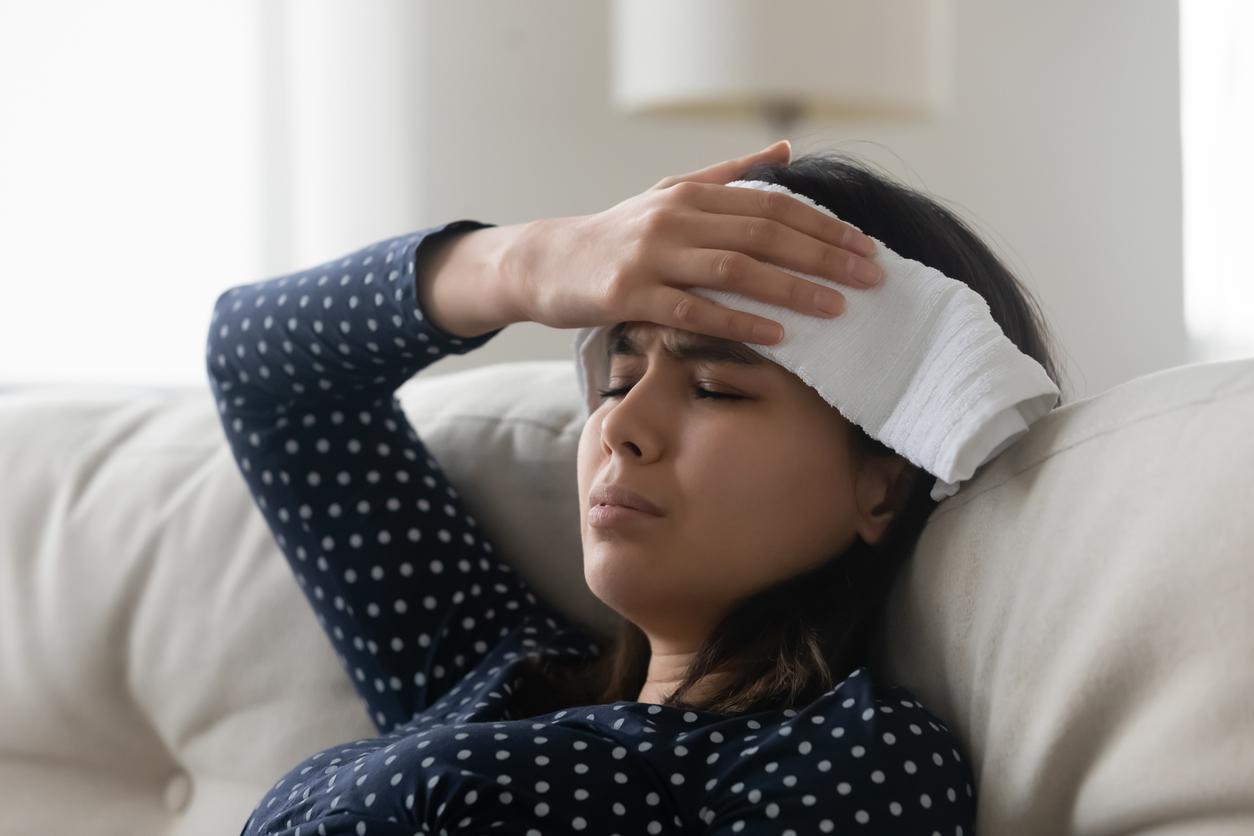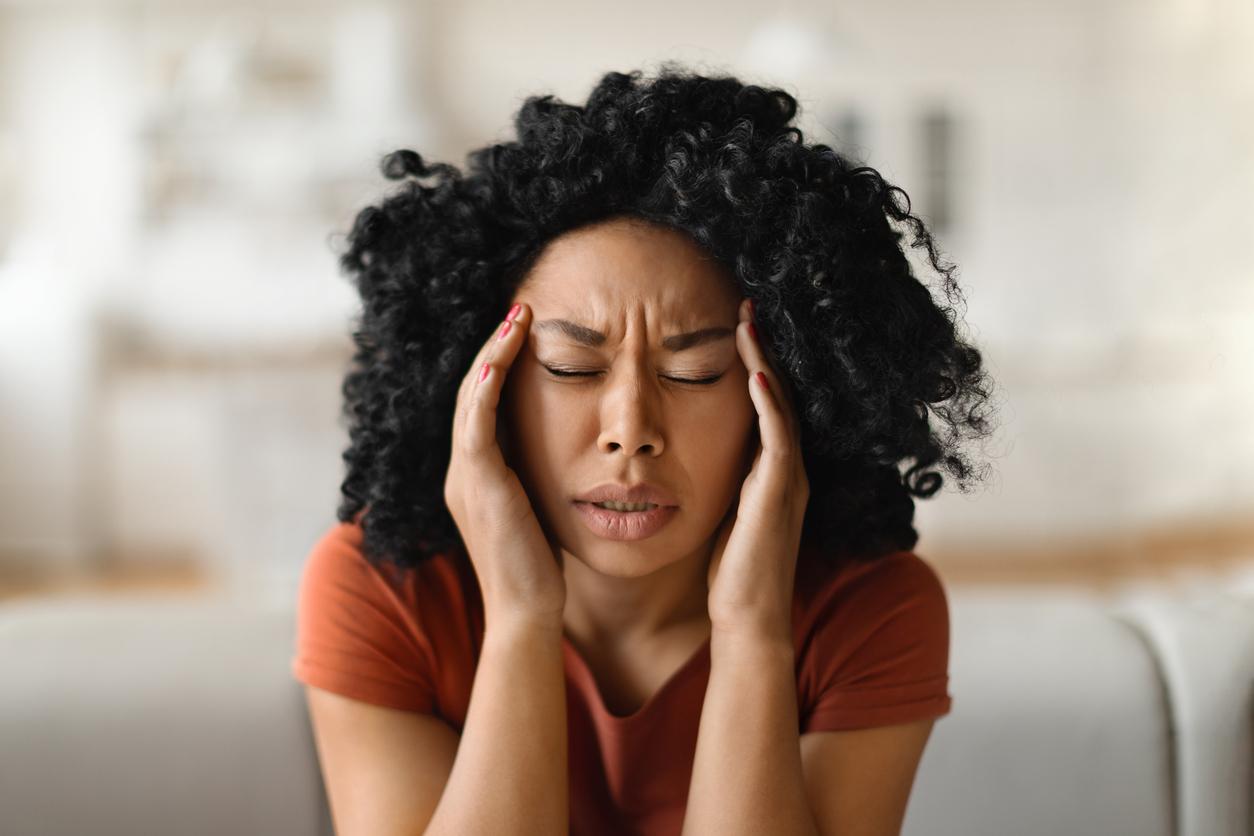Botulinum toxin injections are effective in reducing the frequency of chronic migraines. Explanations.

What if botox injections allowed migraine sufferers to reduce the frequency of their attacks? Until now mainly used in cosmetic surgery since the early 2000s, botulinum toxin has neurotoxic properties that make it an effective tool for preventive treatment of migraine.
This is highlighted by a meta-analysis conducted by a team of French researchers, and published in the January issue of Plastic and Reconstructive Surgery, the official medical journal of the American Society of Plastic Surgeons (ASPS). “According to the meta-analysis of pooled clinical trial data, botulinum toxin is superior to inactive placebo for the preventive treatment of migraine”, explains Professor Benoît Chaput, doctor of medicine at Rangueil University Hospital, In Toulouse.
A decrease in migraine episodes
Professor Chaput and his colleagues identified and analyzed data from 17 previous randomized trials that compared the effectiveness of botulinum toxin to placebo for the preventive treatment of migraines. These studies included nearly 3,650 patients, of whom about 1,550 had chronic migraines, with at least 15 headache attacks per month for more than 3 months and with migraine symptoms on at least 8 days per month. The remaining patients had less frequent episodic migraines.
When analyzing the data together, the researchers found that botulinum toxin injections significantly reduced the frequency of chronic migraine attacks. Thus, 3 months after the injection, patients treated with botulinum toxin presented on average 1.6 fewer migraine attacks per month, compared to those treated with an inactive placebo.
Furthermore, improvement was apparent less than 2 months after treatment with botulinum toxin. To maintain treatment effects, botulinum toxin injections usually need to be repeated every 3 months. But botulinum toxin is also effective in patients with episodic migraines, with visible improvement within 2 months.
Improved quality of life
Above all, botox is not just useful for treating migraines, since scientists have noted in patients a significant improvement in the quality of life of patients, with a reduction in depressive symptoms. “This may be explained by the reduced impact of headaches and migraine-related disability, thereby reducing symptoms of depression and anxiety,” write Professor Chaput and his co-authors.
In France, it is estimated that 7 to 8 million people are affected by migraines in France, or about 12% of the adult population and 5 to 10% of children. Painful, disabling and very often chronic, they can have sometimes significant repercussions on the socio-economic life of the people who suffer from them, in particular because they make any activity painful and often oblige them to lie down in the dark in the hope the pain goes away. Botox could therefore become, along with other treatments currently under study, a therapeutic hope for patients suffering from severe migraines.
Moreover, several hospitals, such as that of Limoges use botulinum toxin to treat chronic migraines. But, unlike the United States (in 2010) and the United Kingdom (in 2012), France has not yet granted marketing authorization for this treatment.

.

















